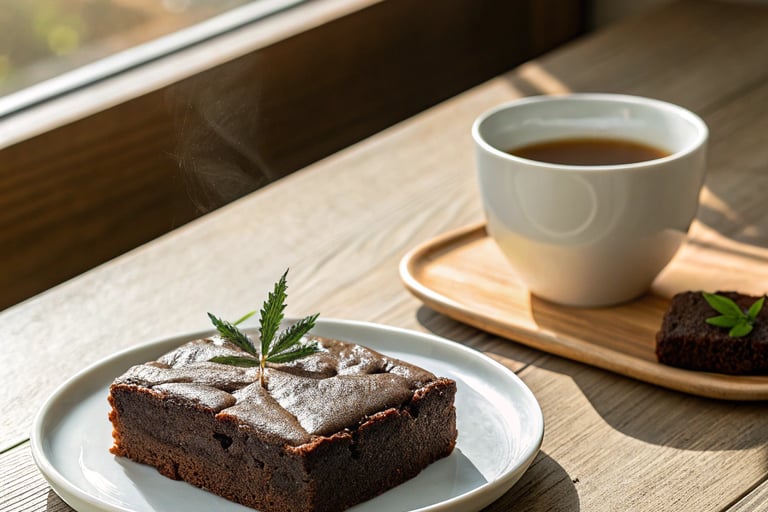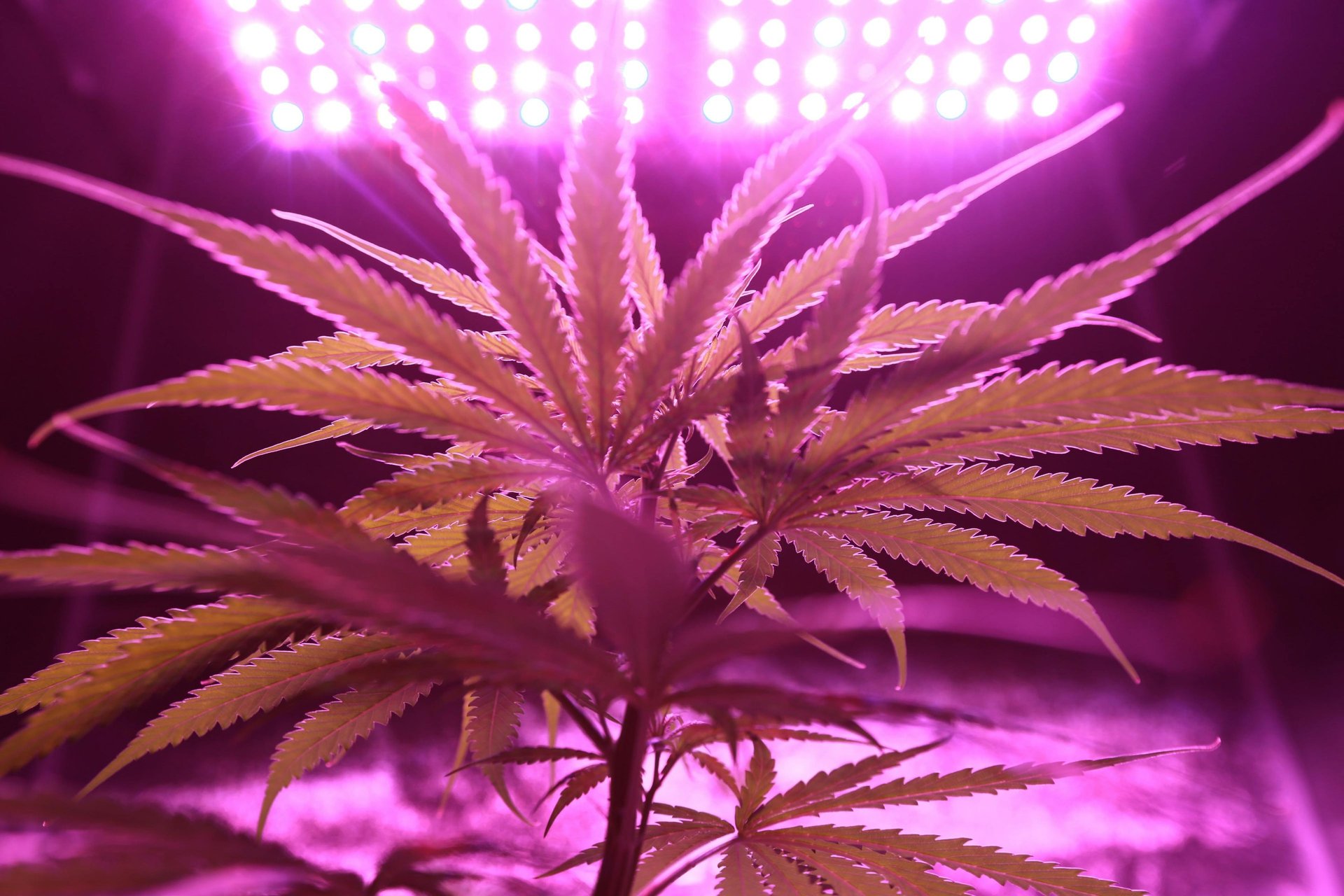
Cannabis Edibles: Everything You Need to Know Before Taking Your First Bite
Discover how cannabis edibles work, their effects on the body, potential benefits, associated risks, and best practices for safe and responsible consumption. A comprehensive, science-based guide to understanding the real impact of cannabis edibles on health.
6/12/20253 min read


Cannabis Edibles: Everything You Need to Know Before Taking Your First Bite
Cannabis Edibles — those gummies, chocolates, brownies, and infused drinks — have become one of the favorite ways to consume cannabis without having to light up. They’re discreet, easy to dose (when you know how), and perfect for those who don’t want or can’t smoke.
But they’re not the same as smoking. The experience is different, your body processes them differently, and the effects can surprise you if you’re not careful. Let’s break it down.
How Do Edibles Work?
When you smoke cannabis, the effects hit almost immediately because THC enters your bloodstream through your lungs. But when you eat an edible, the process is different:
It goes to your stomach and is digested along with your food.
Then it passes to your liver, where THC is converted into 11-hydroxy-THC, a more potent metabolite that crosses the brain barrier more easily.
That’s when it kicks in — which is why the high from edibles usually feels stronger and lasts longer.
Depending on the person, the dose, and whether you’ve eaten beforehand, effects can take anywhere from 30 minutes to 2 hours to show up. Once they do, they can last from 4 to 12 hours. Hence the famous advice:
“Start low, go slow.”
Therapeutic Uses: What Science Says
Though research (and serious regulation) is still catching up, several studies have found that edibles — and cannabinoids in general — may offer therapeutic benefits:
Chronic pain: Many patients with persistent pain report relief with medical cannabis (Piper et al., 2017).
Anxiety: CBD has shown anxiolytic properties, even in teenagers with social anxiety (Masataka, 2019; Shannon et al., 2019). But watch out: in some cases, cannabis can trigger anxiety depending on the person and dose (Sharpe et al., 2021).
Multiple sclerosis: Preparations like Sativex have been studied for relieving spasticity in MS patients (Haddad et al., 2024).
Epilepsy: Non-medical cannabis and some cannabinoids have been examined as support for certain epilepsy types (Li et al., 2023; Perucca, 2017).
Cancer patients: In some cases, it may help with symptoms like nausea, appetite loss, and pain (Worster et al., 2022).
The Risks: Not All Sweet and Safe
Despite their potential, edibles aren’t innocent treats. You need to know what you’re doing:
Accidental overdose: The classic mistake — eat one brownie, feel nothing, eat another, then the trip gets intense (anxiety, paranoia, nausea, vomiting, even psychotic episodes in extreme cases).
Accidental ingestion by kids or pets: Colorful packaging and sweet flavors can confuse little ones (and furry friends).
Cognitive effects: In young people, frequent use can affect memory, verbal learning, and mental performance (La Spada et al., 2019).
Dependence: Less common than with other substances, but chronic use can cause dependence.
Drug interactions: Some medications can be affected by cannabinoid metabolism. Always better to consult a doctor before combining.
Mental health: Use during adolescence has been linked in some studies to higher risk of depression, anxiety, or suicide in adulthood (Hengartner et al., 2020).
How to Consume Safely?
Here’s the simple but crucial mantra for edibles:
Start low and go slow: Beginners should start with 2.5 mg of THC or less. Wait at least 2 hours before considering a second dose.
Store properly: Always keep edibles in closed containers and out of reach of children and pets.
Get informed: Know the product you’re consuming: concentration, potency, onset time, and duration.
Don’t mix: Avoid combining with alcohol or other substances that alter your mental state.
Consult a professional: If you have a medical condition or take medications, talk to a healthcare professional before using.



